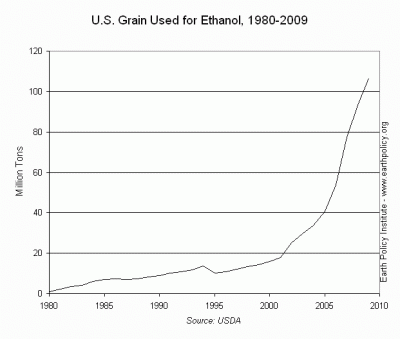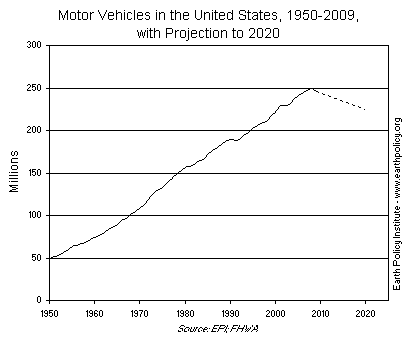A U.S. startup company says it has developed a technology to convert plastic waste into a highly refined, low-sulphur oil, an innovation company officials say could provide a domestic source of fuel and keep untold amounts of plastic out of landfills.
Developed by New York-based JBI Inc., the Plastic2Oil


 The headline on Tuesday’s editorial in Investor’s Business Daily – “Get the Frackin’ Gas” – is both clever and on the mark. The publication gets into trouble, however, when the body of its editorial veers into mischaracterizing ProPublica’s reporting on the environmental risks that need to be dealt with to produce the huge amounts of natural gas available underground in the United States.
The headline on Tuesday’s editorial in Investor’s Business Daily – “Get the Frackin’ Gas” – is both clever and on the mark. The publication gets into trouble, however, when the body of its editorial veers into mischaracterizing ProPublica’s reporting on the environmental risks that need to be dealt with to produce the huge amounts of natural gas available underground in the United States. Climate change not only presents difficult challenges for the energy industry, but also raises serious concerns about food security as loss of topsoil and desertification reduce arable land around the world. Within this climate, genetically-modified crops (GMOs) will play a crucial role in supporting increased development and population growth.
Climate change not only presents difficult challenges for the energy industry, but also raises serious concerns about food security as loss of topsoil and desertification reduce arable land around the world. Within this climate, genetically-modified crops (GMOs) will play a crucial role in supporting increased development and population growth.